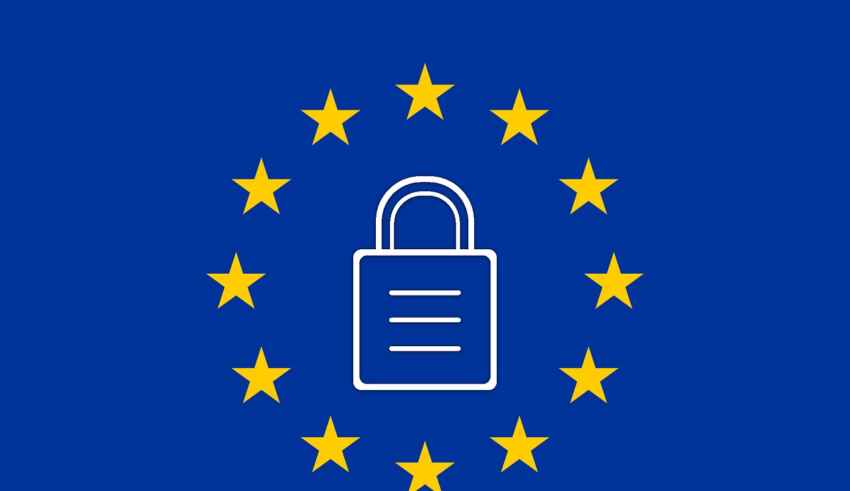
The technological development of recent years has highlighted many cyber-based threats. The most recent threats concern spyware software and their market for commercial use that is booming. The increasing use of mercenary spyware that violates privacy rights, silences opposition and the free press, and shields governments from public scrutiny are increasing their digital footprint and should be considered as the new shadows that threaten EU democracy. Spyware software, like “zero-click” technology Pegasus and without zero-click Predator, that Israeli companies are providing to EU countries, infiltrate mobile phones to extract data or activate a camera or microphone to spy on owners. Although, companies say the tech is designed to fight crime and terrorism, it has been found by investigators to have been used on journalists, activists, agitators and politicians worldwide. Until now Hungary, Poland, Spain and Greece have all been accused of using spyware technology against citizens and/or politicians.
On presentation of a damning interim European Parliament report Dutch EU lawmaker Sophie in ‘t Veld claimed that in Poland and Hungary, use of such spyware is an “integral element” of a “system, which is designed to control and even oppress the citizens — that is, critics of the government, opposition, journalists, whistle blowers”. Yet the scandal has escalated mostly in Spain and Greece that even government officials were found under surveillance. The spyware scandal should not be considered as a series of isolated national cases of abuse of internal laws and EU regulations, but as a European affair, a “European Watergate” like USA’s political scandal that was the downfall of President Nixon. Despite the revelations, which come mainly from journalists and independent researchers, the “European Watergate” has not caused any tremors or cost (so far) the governmental position of any European leader.
The Iberian kingdom is the largest EU country where the use of hacking tools by governments has kicked off a major institutional crisis. Catalan separatist movement, lawyers and civil society organisations were targeted, as well as Prime Minister Pedro Sánchez, Defence Minister Margarita Robles and other Ministers. The Spanish government attempted to minimize the negative impact of the case by sacking the country’s spy chief, Paz Esteban. A movement that works mostly as a sacrifice lamp. There are questions addressed on who purchased it and how it was used? While these and many other questions remain unanswered, the Spanish government has refused to speculate on who may be responsible for targeting the phones of Mr Sánchez, referring to “external” attacks. However, the size of the scandal does not seem capable of mobilizing Spanish citizens, which should make us think about how much the society perceives the seriousness of the situation.
In Greece, on the other hand, the scandal seems to be still evolving. After the initial revelations concerning the journalist Mr. Koukaki and the leader of the Socialist party PASOK (also MEP) Mr. Androulakis, the government claimed that they were isolated incidents and that it was not responsible for the use of Predator. Yet, the revelations have not stopped since that day, with Prime Minister Mr. Mitsotakis obliged to use his cousin, the government’s chief of staff and the head of the country’s National Intelligence Service (EYP) as scapegoats. Independent reporters, who are investigating the topic, are discovering weekly that more people have been targeting ministers, lawmakers, journalists, even the head generals of the Greek Army Forces. The ruling party of New Democracy is insisting that there is no connection between the EYP and the use of Predator in the country, pointing out at the same time that the use of the spyware towards “external threats”.
As in Spain, the scandal in Greece does not seem to affect the government, at least not within the country. Marantzidis Nikos, a professor at Greece’s University of Macedonia, while speaking with DW mentioned that “Greek society cannot understand the real depth of the affair, it’s an organized system to hide and to protect the prime minister, who should be bearing his responsibility”. The professor here expresses an unpopular opinion that you will not find in the Greek media. Greece is currently at the bottom among EU member states in the Freedom of the Press ranking and 108th worldwide according to the Reporters Without Borders (RSF) report. The mainstream media’s suppression of news about the use of spyware reinforces suspicions of the prime minister’s involvement in the surveillance of allies and adversaries.
Brussels has not put much pressure on the governments involved. The European Parliament decided to set up the PEGA Committee to investigate alleged infringement or maladministration in application of EU law in relation to the use of Pegasus and equivalent spyware surveillance software. So far, PEGA’s work is not easy as the constant refusal of cooperation from governments makes its work difficult. The European Parliament must immediately ban any software that endangers democracy in the EU. At the involved countries, the opposition parties (especially in Spain and Greece) must show the necessary parliamentary and social reflexes, act coordinated and decisively to defend democracy and European values.
By The European Institute for International Law and International Relations.















